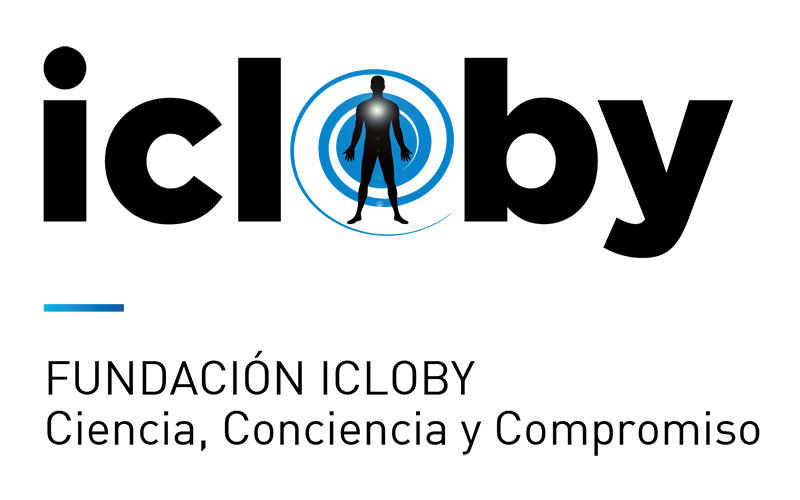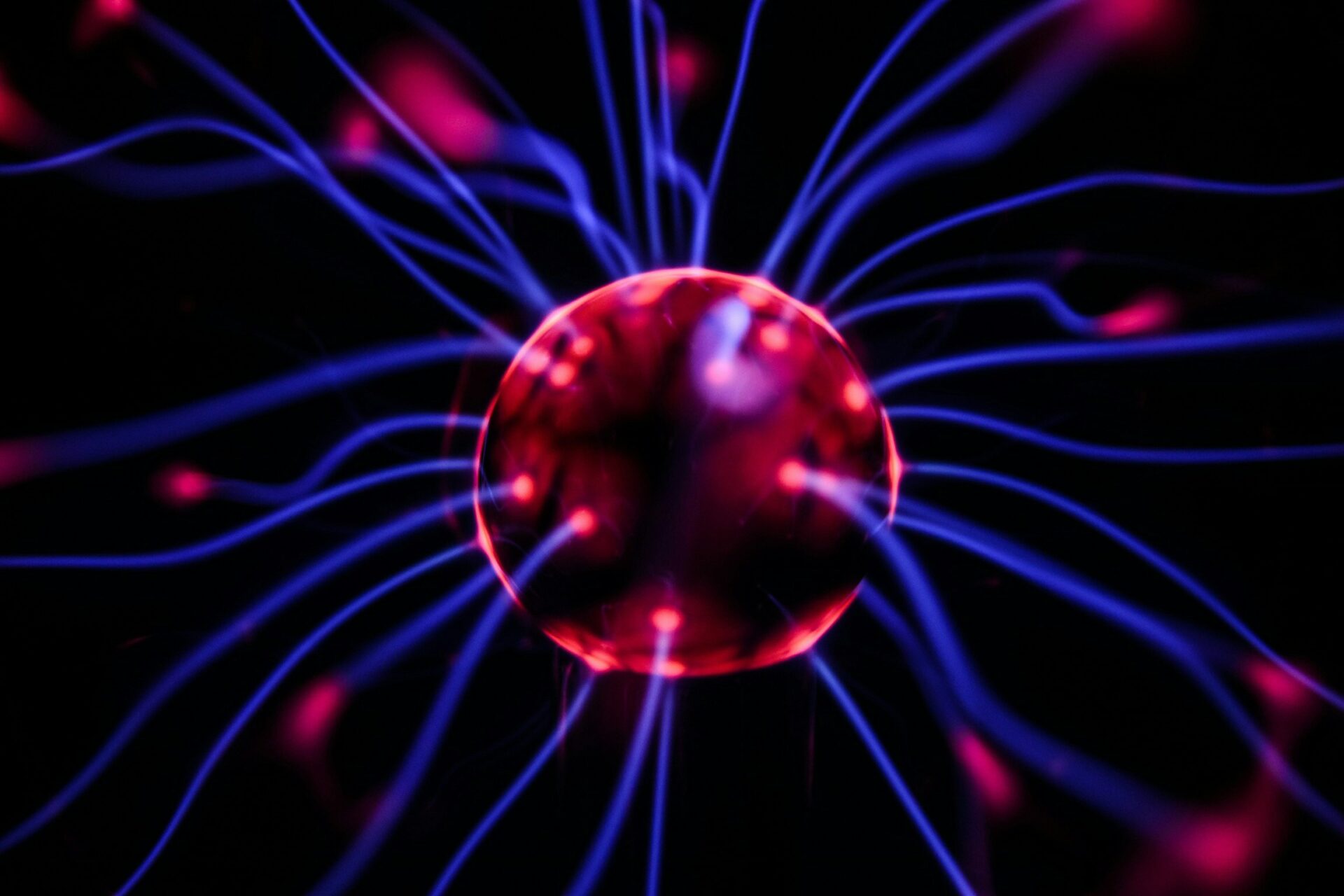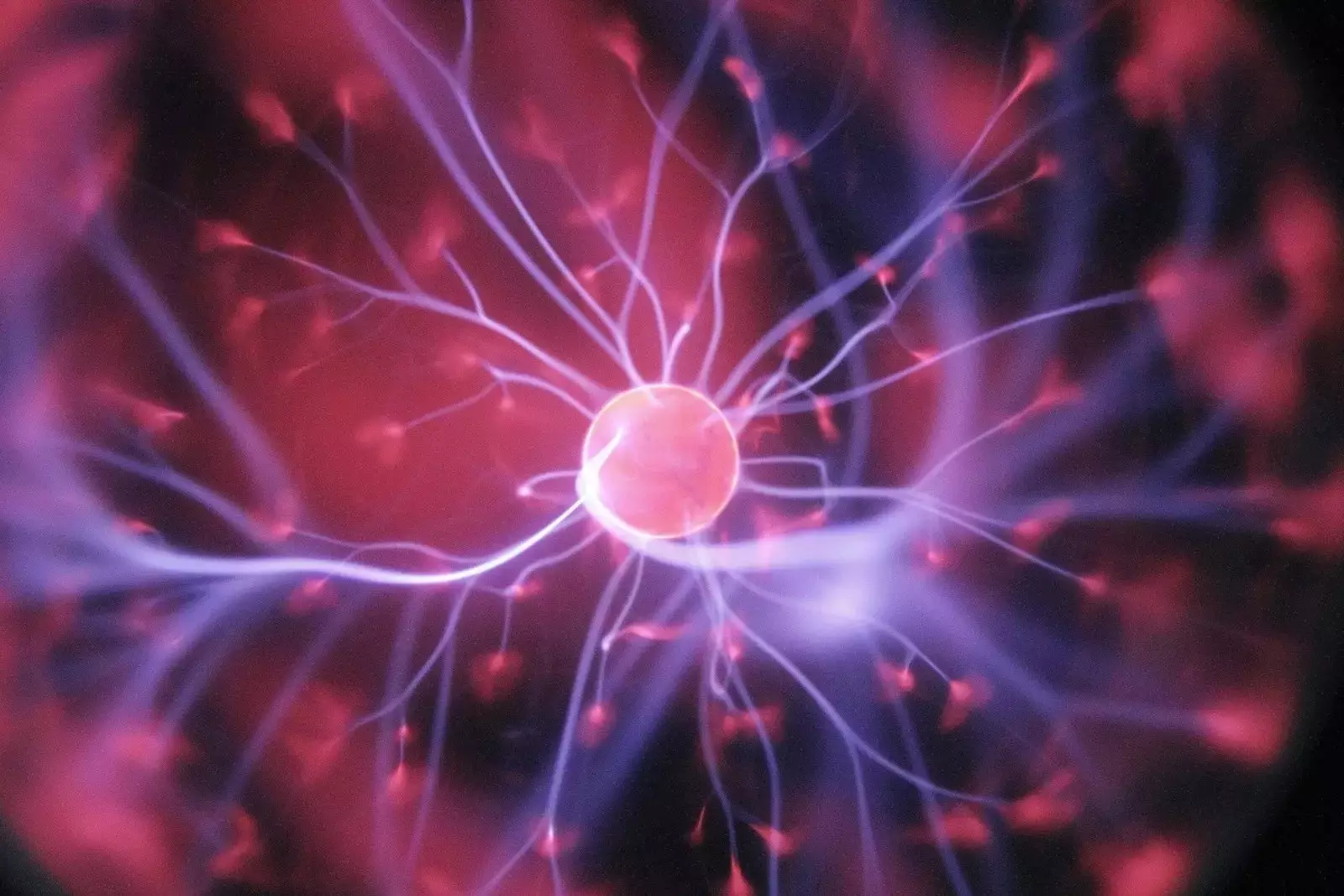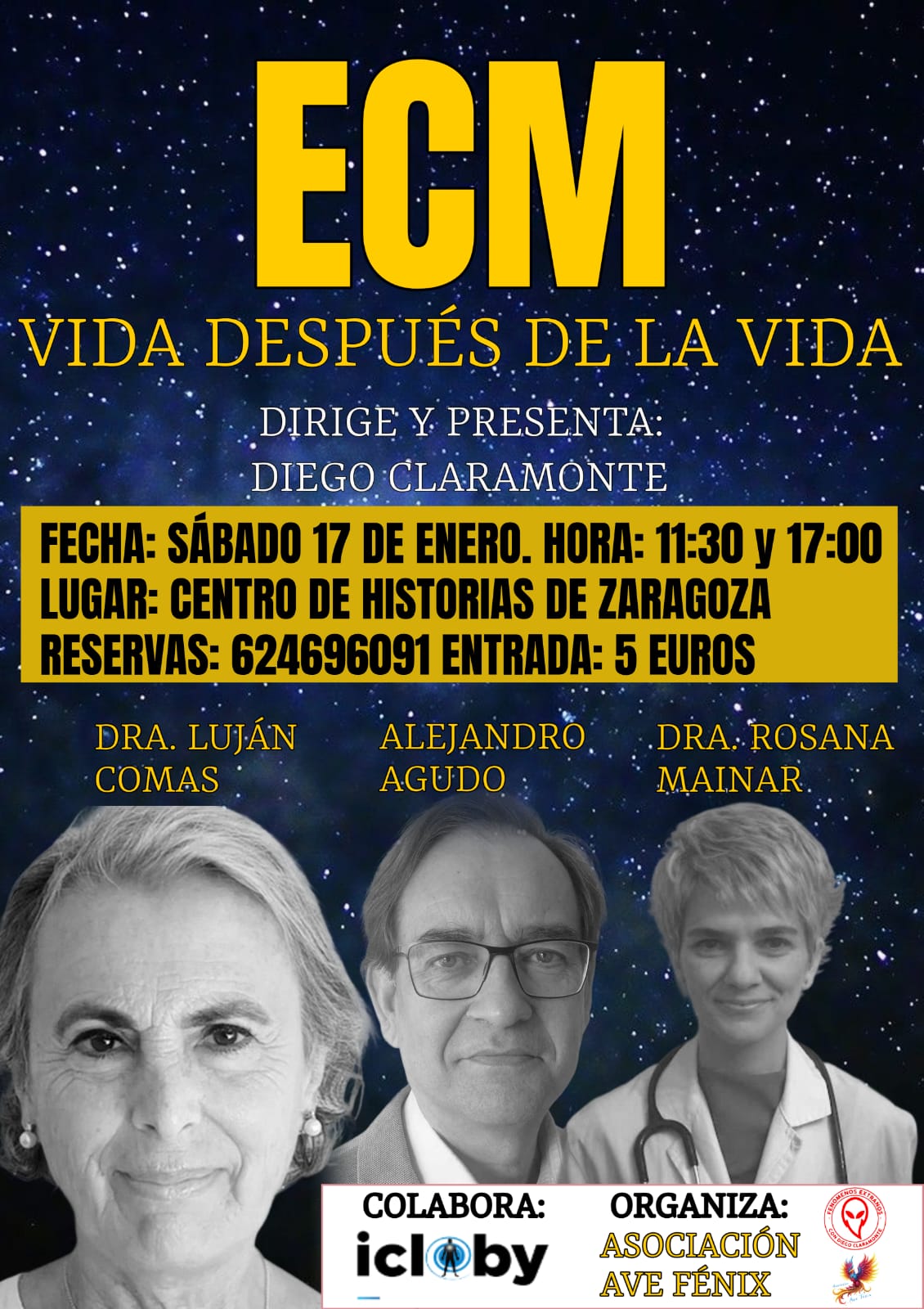标题为“斯坦福大学神经科医生发现我们死前的经历的起源,”这份西班牙数字报纸发表了以下文章:
“一个神经科医生团队发现了一个明确的关键,科学解释了体外经验”
身体外的经历与神秘主义或灵性无关.
一群神经科医生发现了一个伟大的奥秘之一的答案,这些奥秘占据了无数小时的时间。, 未知, 和其他魔术思想的胡说八道: 为什么这么多人发誓他们在近乎死亡的经历中看到自己在身体外面? 和往常一样, 我们不理解的答案不在神秘主义者或他们的电视骗子上, 但是有科学
博士. 约瑟夫·帕尔维兹(Josef Parvizi), 斯坦福大学神经病学教授, 当患者拜访他经历这种现象时,开始了调查, 被称为体外体验. 这种经历不仅在死亡附近遇到,而且在其他情况下与灵魂无关,升到天堂和星体旅行, 例如吸毒或, 在Dr. 帕尔维兹的房子, 癫痫.
他们发现了什么?
在接受NPR的采访中, Parvizi解释了患者的自我意识如何突然改变, 几乎好像他是自己对话的观察者. 此外, 他觉得自己好像在太空中漂浮. 这些症状吸引了Parvizi, 谁认为该男子的癫痫发作必须影响大脑的区域,称为内侧顶叶皮层 (MPC).
根据Parvizi的说法, MPC有助于创建所谓的我们 “叙事自我,” 一种内部自传,有助于定义我们是谁. 帕尔维兹(Parvizi)解释说,大脑的这一部分使我们意识到我们的位置和与空间的关系, 对象, 和我们周围的人们始终.
从那里, Parvizi的团队决定进行一个实验,以查看他们是否可以通过电刺激MPC来重现体外体验的症状. 在他们的研究中, 发表在著名的同行评审科学杂志上 神经元, 他们明确地结论一个人的 “身体自我” 与大脑的特殊部分中的特定位置有关, 被称为precuneus.
根据克里斯托夫·洛佩兹(Christophe Lopez)的说法, 法国国家科学研究中心的研究人员与该研究无关, 这一发现表明,这可能是大脑将我们在环境中的经验标记为我们自己的. 洛佩兹还表明,这种身体自我的过程部分连接到内耳, 检测人体在太空中的运动和位置. Parvizi的研究, 他断言, 提供了证据.
氯胺酮的联系
但是,不仅电刺激会触发身体外的体验; 像氯胺酮这样的药物也可以这样做. 作为帕特里克·普登(Patrick Purdon), 哈佛大学的研究人员一直在研究氯胺酮对大脑的影响, 断言, 该物质的作用类似于前脑刺激的电脑刺激.
氯胺酮数十年来是一种麻醉剂 - 已知是“分离”。作为enzo tagliazucchi, 研究迷幻药物的神经科学家, 向 副 杂志, 这种物质“可以产生与身体和自我的分离感, 并以更高的剂量, 完整的分离体验,具有与近乎死亡的经验共享许多特征, 例如,在身体的身体极限之外并在广阔的空间中航行的感觉, 幸福和欣快的感觉, 向光走, 以及存在一个看不见和不可逆的阈值。”
研究的含义和未来
如果是死亡, 作为一项发表在 边境 解释, 人体可以产生具有类似效果DMT的物质 (n,n-二甲基丁胺) - 在许多植物和生物中发现的生物碱, 包括人类包括人类 - 可能会通过影响前后的前后节目来触发这种过分旅程和欣快的感觉.
这一发现不仅解决了这个谜团,而且对我们对人类意识的理解以及大脑过程如何体验具有重要意义.





